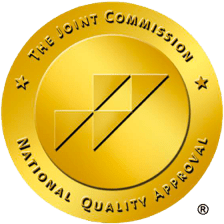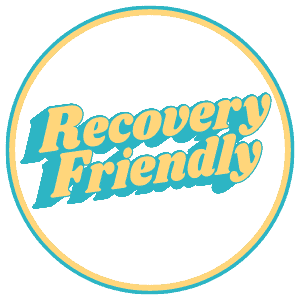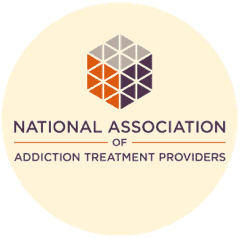Every fall, nearly 11 million visitors descend upon the town of Asheville to enjoy the legendary fall colors that set our Blue Ridge Mountains ablaze. What is truly interesting is all the work that must happen before the mountain foliage gives the first hint of change.
First the leaves stop producing food, then their chlorophyll breaks down to reveal brilliant purples, reds, oranges and yellows, and finally, the leaves let go in a windswept flurry that prepares the tree for new growth in the spring.
The turning of the leaves is a wonderful reminder that change can be positive and exciting. The changing of seasons is also a reminder that many things are going on under the surface before change is evident and we’re ready to let go of an old identity.
The “4 Rs” of Precontemplation
Addiction researchers DiClemente and Prochaska identified five stages of change.
Their model suggests change is a process that unfolds over time as individuals move through precontemplation, contemplation, determination, action, and maintenance stages.
Most of our residents come to our program in the precontemplation stage. They don’t necessarily want to or believe they need to change their addictive behaviors.
Dr. DiClemente identified four types of precontemplators, which he called the “4 Rs”:
• Reluctant precontemplators are not fully aware of the impact of their addiction.
• Rebellious precontemplators are very invested in using and resist being told what to do.
• Resigned precontemplators have given up hope and often have relapsed multiple times.
• Rationalizing precontemplators have plenty of excuses why their using isn’t a problem.
So how do you help someone change when they don’t believe they need to change?
By meeting each person where they are—physically, emotionally, spiritually—and with respect and high expectations.
Taking The Next Step Toward Change
Our highly structured sober living program provides the safe and supportive environment that encourages our residents to live up to these expectations.
We hold the possibility of change for every resident until they have developed the confidence, trust and life skills to work toward their own recovery. This inner determination is critical for motivating and sustaining long-term recovery.
As family members and addictions professionals, we have to be willing to let our family members and our clients fail, resist and grapple with what it takes to truly change—not because we want them to, but because they do.
This is what we mean when we say recovery is an inside job.
Just like the changing of the leaves, all of the “inside work” in early recovery is necessary for the brilliant transformation that is just up ahead.
Trust us, and trust those you are supporting. It is always worth the wait.
Know someone who might benefit from this post? Please like and share this post with them. Or, if you have questions or comments, please leave them below! We’re always looking for ways to keep the conversation about recovery going. Education is one the most powerful tools we have combat addiction.









